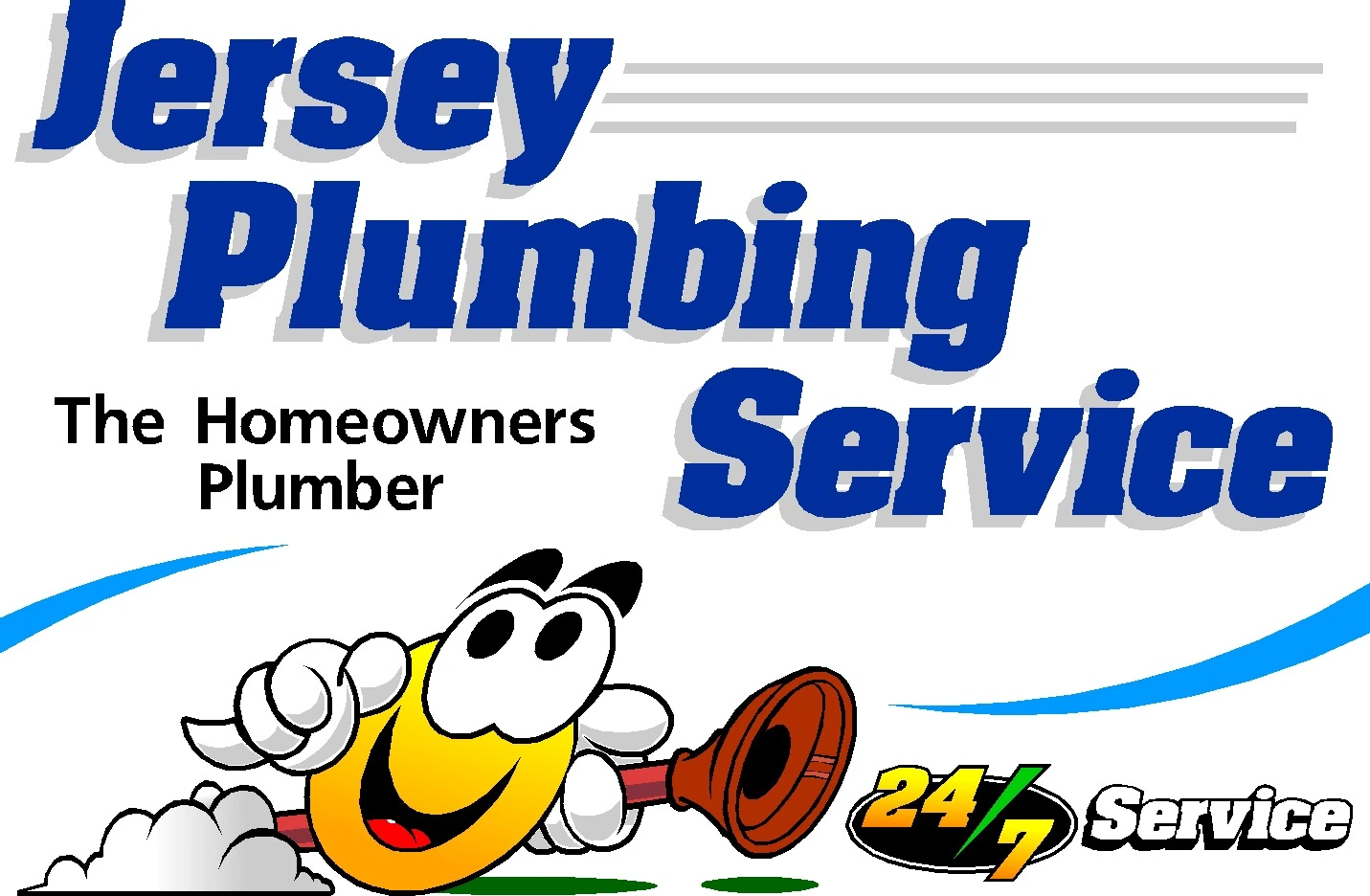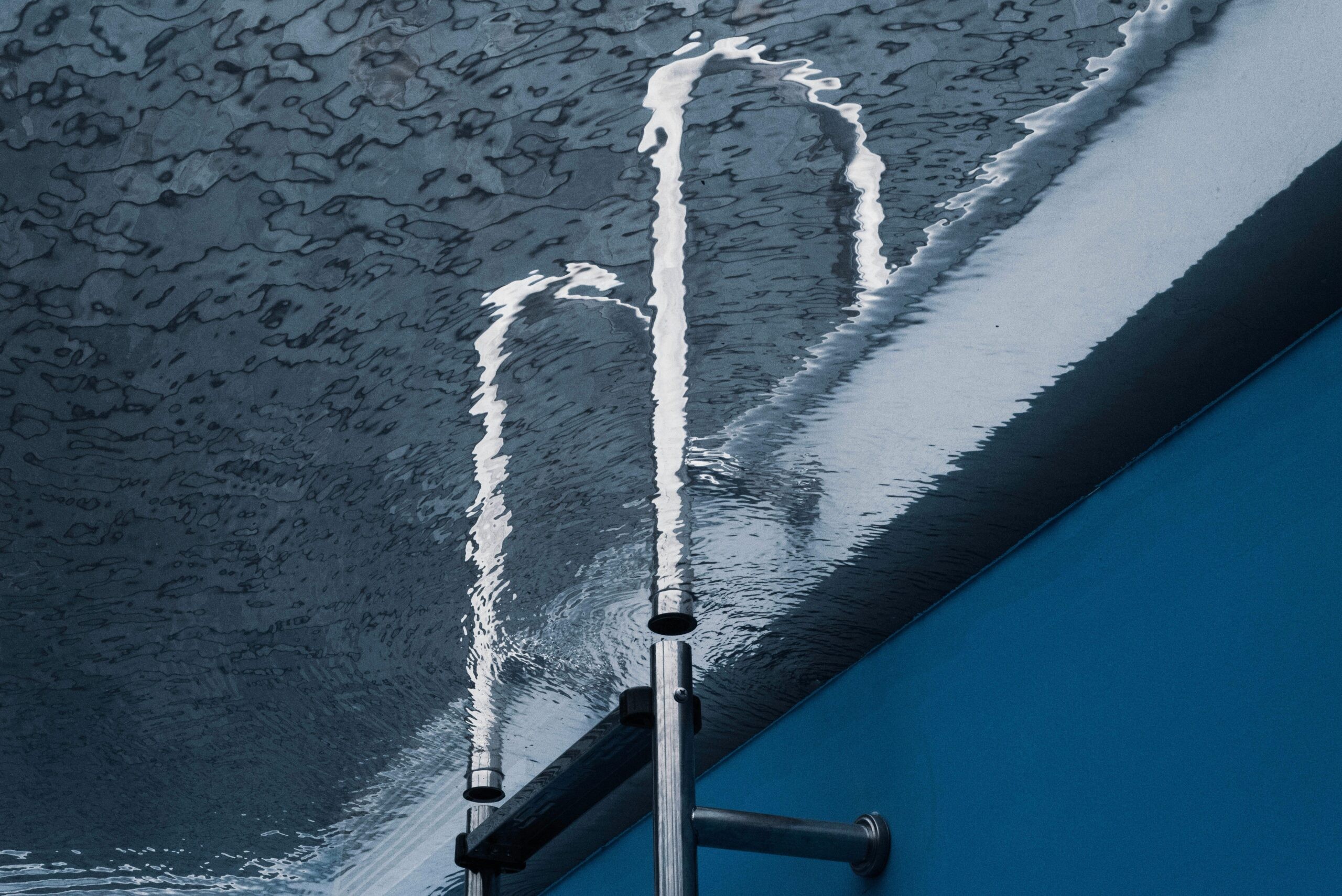Plumbing Code Requirements for New Jersey Homes define the standards and regulations that govern the installation, maintenance, and repair of residential plumbing systems within the state. Compliance with these plumbing regulations ensures safety, efficiency, and durability of water supply and drainage systems in homes. Understanding these requirements is crucial for homeowners, contractors, and inspectors alike to guarantee that residential plumbing meets current codes and functions as intended.
- New Jersey plumbing code enforces safety and quality standards for residential plumbing installations.
- Compliance with state plumbing regulations is mandatory for all new builds, renovations, and repairs.
- Plumbing codes address water supply, drainage, venting, fixture installations, and material standards.
- Proper adherence to home plumbing standards helps prevent health hazards and costly damages.
- Regular inspections and permits are essential components of code compliance in New Jersey homes.
Lead
The Plumbing Code Requirements for New Jersey Homes establish critical guidelines for the design, installation, and maintenance of residential plumbing systems throughout the state. These codes incorporate state-specific adaptations of national plumbing standards to ensure systems operate safely and meet public health requirements. Knowledge of these regulations is essential for professionals working within the plumbing industry as well as homeowners planning construction or remodeling projects.
The plumbing regulations contribute to a structured framework that protects occupants from hazards related to water quality, sewage disposal, and system failure. Ensuring compliance also facilitates smooth permitting processes, reduces liability, and upholds the integrity of residential plumbing infrastructure.
Introduction
Plumbing codes serve several vital functions in residential construction and maintenance. They define the minimum acceptable standards for piping materials, fixture placement, water pressure, drainage systems, and ventilation. These standards are designed to prevent contamination of potable water, avoid backflow, and ensure effective removal of wastewater.
In New Jersey, state plumbing codes align closely with the Uniform Construction Code (UCC), which incorporates the International Plumbing Code (IPC) while allowing for state-specific amendments. Enforcement of these codes typically occurs at the municipal level through building departments, which oversee permits and inspections.
Compliance matters most when constructing new homes, upgrading existing systems, or undertaking major repairs. Failure to meet code requirements can result in unsafe systems, legal penalties, and increased costs to retrofit or repair faulty plumbing components. Therefore, it is important to understand who must adhere to these codes—homeowners, licensed plumbers, contractors, and inspectors—and when compliance is obligatory.
Main Content
Definitions and Key Components of New Jersey Plumbing Codes
The foundation of New Jersey plumbing code lies in clearly defining acceptable materials, installation methods, and system designs:
- Fixture Installations: Requirements specify minimum distances, clearances, and mounting procedures for toilets, sinks, showers, bathtubs, and other residential plumbing fixtures.
- Water Supply Systems: Includes standards on pipe sizing, materials, water pressure limits, backflow prevention devices, and safe potable water delivery.
- Drainage and Venting: Specifies how wastewater and sewage are to be removed efficiently and safely, requiring proper venting to prevent sewer gases from entering occupied spaces.
- Materials: Permissible piping materials include copper, CPVC, PEX, and others approved for residential use, each with specified installation criteria.
- Safety Measures: Includes code mandates on cross-connection controls and protection against contamination.
Examples of Specific New Jersey Plumbing Regulations
Some detailed examples of New Jersey-specific requirements that illustrate the scope of these regulations include:
- Backflow Prevention: Residential water service lines must incorporate approved backflow prevention devices to prevent contamination from non-potable sources.
- Water Heater Installation: Water heaters must be equipped with temperature and pressure relief valves and secured appropriately to comply with seismic safety provisions.
- Fixture Accessibility: Codes require adherence to accessibility standards ensuring fixture placement accommodates users with disabilities.
- Vent Pipe Sizing: Residential vent systems have minimum sizing and slope requirements to maintain proper airflow and prevent obstructions.
- Pipe Insulation: In cold climates within New Jersey, pipes must be insulated where exposure risks freezing conditions, helping to prevent burst pipes.
Market Context and Enforcement
The enforcement of plumbing codes in New Jersey is conducted primarily at the local government level, although state regulations provide the baseline framework. Building permit processes rigorously check for code compliance before new construction or significant plumbing renovations begin. Licensed plumbers and contractors must adhere strictly to code requirements to ensure inspections pass and approvals are granted.
Homeowners planning renovations should engage with professionals familiar with residential plumbing standards and local requirements. Non-compliant plumbing work risks rejection from inspectors and may require costly rework. In some cases, failure to follow the New Jersey plumbing code can lead to water damage, health risks, and potential legal issues.
Risks of Non-Compliance and Practical Applications
Ignoring plumbing regulations can compromise the safety, durability, and functionality of home plumbing systems. Examples of risks include:
- Backflow from contaminated sources entering potable water supply, causing health hazards.
- Inadequate drainage leading to sewage backups and water damage.
- Improper venting resulting in unpleasant and dangerous sewer gas infiltration.
- Structural damage due to leaking or burst pipes that did not meet installation standards.
- Increased insurance liabilities and difficulties in property transactions without proof of code compliance.
Conversely, adherence to plumbing code requirements ensures reliable water service, sanitation, durability, and occupant health protection. Applications range from new residential construction to remodeling projects and routine maintenance activities.
Summary
The Plumbing Code Requirements for New Jersey Homes establish comprehensive technical and safety standards essential for residential plumbing systems. These codes, integrating state-specific amendments of the Uniform Construction Code and International Plumbing Code, regulate water supply, drainage, venting, fixture installations, and materials. Compliance is mandatory and enforced through permits and inspections, protecting homeowners from health risks, structural damage, and legal complications.
Understanding and following the New Jersey plumbing code and other plumbing regulations ensure installations meet the quality and safety benchmarks necessary for reliable residential plumbing. Professionals and homeowners involved in construction or remodeling activities should prioritize code compliance to achieve durable, safe water and wastewater systems.
For further details on New Jersey’s residential plumbing standards and to stay updated on relevant changes in plumbing regulations, visit the official state and local government websites or consult licensed professionals who specialize in code-compliant plumbing services.


Recent Comments